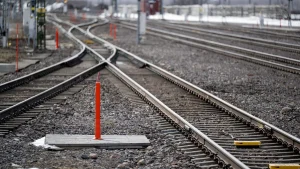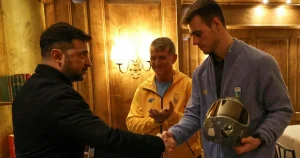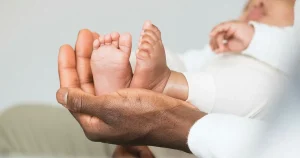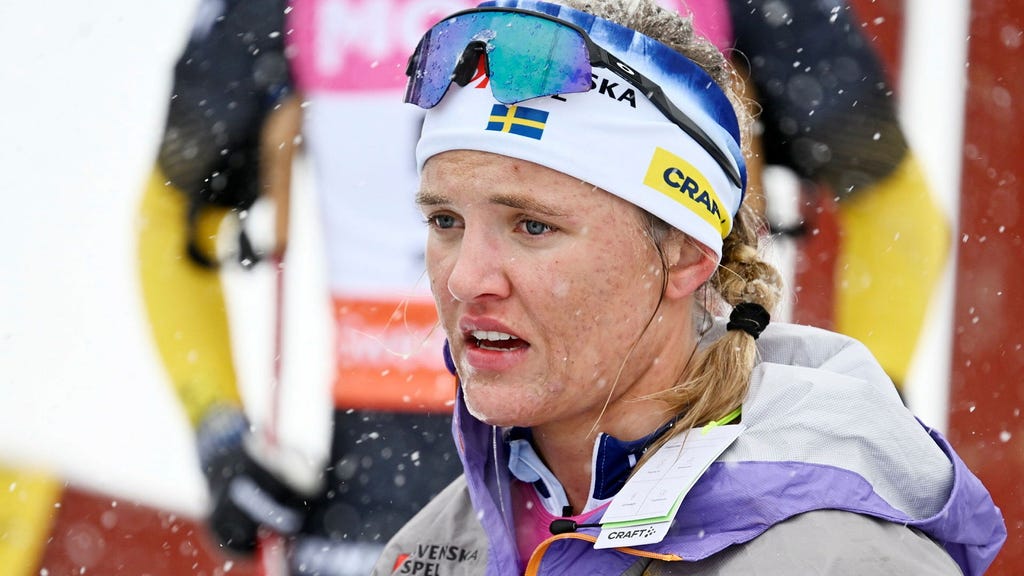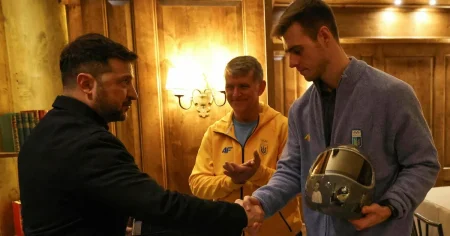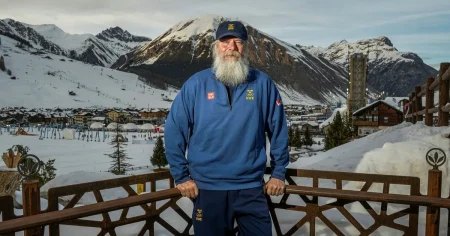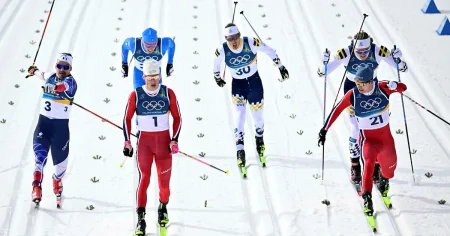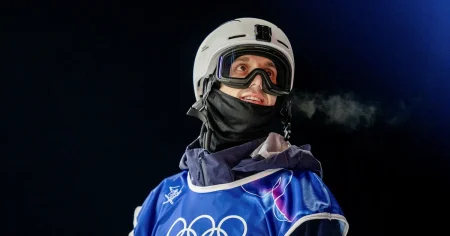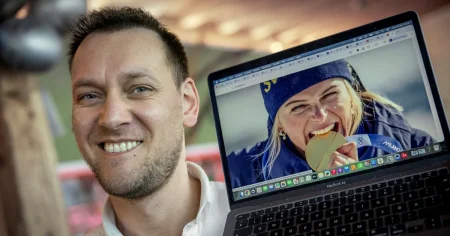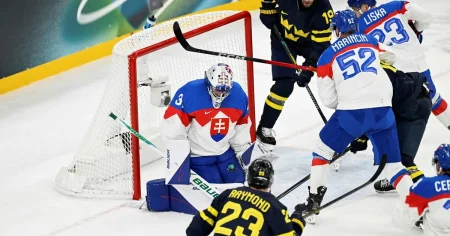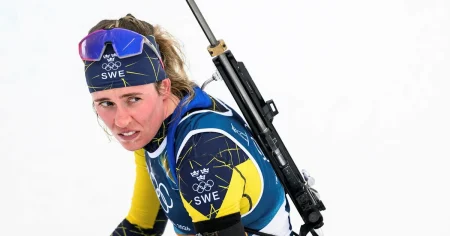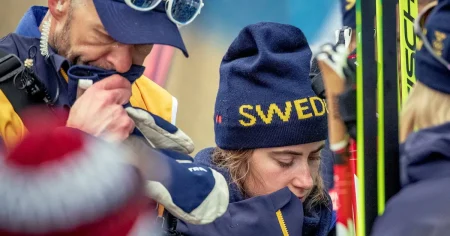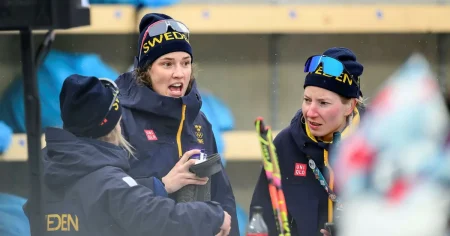Swedish Cross-Country Ski Team Faces Depletions in Davos
The Swedish cross-country ski team is grappling with a wave of illnesses and injuries as they prepare for the World Cup races in Davos, Switzerland. Several key athletes, including Calle Halfvarsson, Ebba Andersson, Frida Karlsson, and Måns Skoglund, will be absent from the competition. Halfvarsson is sidelined due to back problems, adding another setback to the team’s roster. This comes as a blow, especially given the promising start to the season with three World Cup victories.
Andersson’s absence is part of a strategic decision to prioritize her training and preparation for the upcoming Tour de Ski, a grueling multi-stage race that commences during the Christmas holidays. Her focus remains on achieving peak performance for this demanding event. Karlsson, on the other hand, is taking a more cautious approach to the start of the season following a foot injury sustained during the autumn. Her recovery and gradual return to competition are being carefully managed. Skoglund’s absence due to illness further compounds the team’s challenges.
The absences of these prominent skiers underscore the delicate balance between competing at the highest level and managing the physical demands of the sport. The team management is tasked with navigating these challenges while ensuring the athletes’ long-term health and performance.
New Opportunities for Emerging Skiers
Despite the setbacks, the situation presents opportunities for other skiers to step up and showcase their abilities on the World Cup stage. Jens Burman, who missed the recent races in Lillehammer due to illness, has recovered and will join the team in Davos. His return provides a boost to the men’s team, which will be looking to maintain its strong early-season form.
The depleted roster also opens doors for less experienced skiers, including Ebba Stenman, who will gain valuable experience competing against some of the world’s best. This exposure to high-level competition is crucial for the development of young talent and helps broaden the pool of potential future stars. While the team undoubtedly feels the absence of their star athletes, the emergence of new talent offers a glimmer of optimism for the future.
The Swedish Ski Federation has made a conscious decision to prioritize the Scandinavian Cup for younger athletes, meaning some promising skiers like Alvar Myhlback will not be competing in Davos. This strategic choice reflects the federation’s commitment to long-term athlete development and emphasizes the importance of building a strong pipeline of talent. While these younger skiers might have earned the opportunity to compete in Davos based on their recent performances, the focus remains on providing them with the optimal development pathway.
Davos World Cup: A Test of Depth
The World Cup races in Davos, featuring a sprint relay, individual sprint, and a 20-kilometer interval start, will test the depth of the Swedish team. With several key athletes missing, the remaining skiers will need to perform at their best to maintain the team’s strong start to the season. The Davos races provide a valuable opportunity for the team to assess its overall strength and identify areas for improvement as they look ahead to the remainder of the season.
The competition will also offer insights into the effectiveness of the team’s training and preparation strategies in the face of adversity. The ability to adapt and overcome challenges is a crucial element of success in any sport, and the Davos races will serve as a valuable test of the Swedish team’s resilience.
The Swedish Team Roster for Davos
The following athletes will represent Sweden in Davos:
-
Women: Maja Dahlqvist, Johanna Hagström, Ingrid Hallquist, Sofia Henriksson, Moa Ilar, Emma Ribom, Ebba Stenman, and Jonna Sundling.
- Men: Edvin Anger, Jens Burman, Emil Danielsson, Johan Ekberg, Truls Gisselman, Marcus Grate, Johan Häggström, Olof Jonsson, and William Poromaa.
This revised roster reflects the challenges the team faces with injuries and illnesses. The athletes competing in Davos will carry the responsibility of representing Sweden on the World Cup stage and will be looking to build upon the team’s early success. The Davos races mark an important juncture in the season, offering a glimpse into the future of Swedish cross-country skiing.


